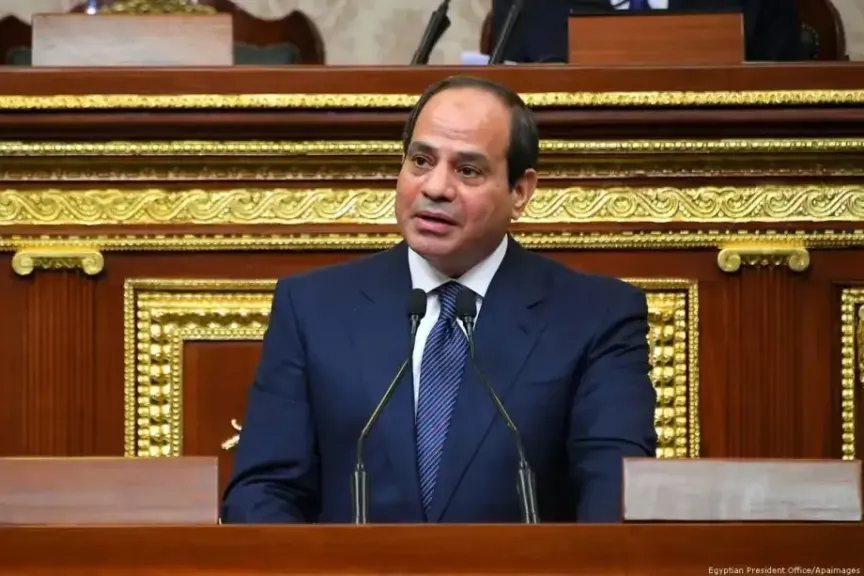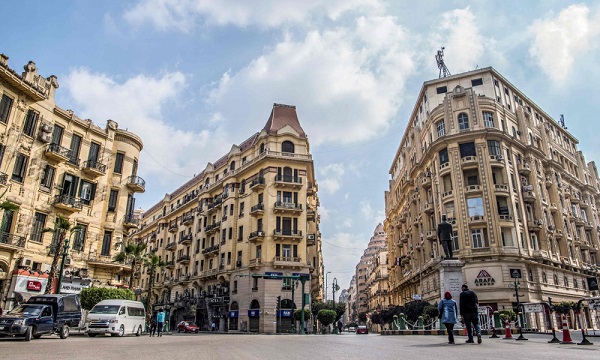Al-Sisi ratifies amendments to Old Rent Law

The law, which has sparked public controversy, was published in the Official Gazette on Monday after being passed by the House of Representatives on 2 July.
The move is expected to impact millions of Egyptians living in properties under the old rent system, which had been in place for decades with extremely low rents for long-term tenants.
The new law phases out old contracts after a transitional period of seven years for residential properties and five for commercial ones, while significantly increasing rents.

Under the superseded law, many apartments worth millions are still leased at minimal rates, leaving landlords unable to reclaim properties for decades.
While landlords have repeatedly sought to regain control through legal challenges, tenants — often retirees — argue they cannot afford to relocate or buy new homes amid soaring costs.
Nearly three weeks after the parliament passed the new bill, President El-Sisi vowed that “Egypt, which refuses to allow its citizens to live in slums and dangerous areas, will not allow individuals who deserve housing to fall into a cycle of anxiety about their future.”
Approximately 1.6 million original tenants and over 3 million units were still governed by the old law, according to official figures.
Transitional periods
Under the new law, the transitional period for residential units is seven years before the old contracts end, while that of the non-residential units is five years.
After this period, tenants must vacate, and the old rent laws will no longer apply.
Eviction conditions
Tenants will be evicted in the following cases: if at least one year has passed since the government offered them suitable alternative housing (in the absence of a landlord agreement); if the property has been closed for over a year without justification; or if the tenant owns another usable property for the same purpose.
Rent increases
The rent increases for residential units will be divided into three categories. In prime areas, the increase will be 20 times the current rent (minimally EGP 1,000).
For moderate areas, the increase will be 10 times the current rent (minimally EGP 400).
In economic zones, the increase will also be 10 times the current rent (minimally EGP 250).
Meanwhile, the rent increases for non-residential units (individual tenants) will be five times the current rent, with 15 percent annual hikes during the transitional period.
Housing alternatives
Affected tenants can request state-provided housing (rental or ownership), with priority given to original tenants, spouses, and inheriting parents.
President Abdel-Fattah El-Sisi has approved a decision allowing tenants to apply for new residential or commercial units, on the condition that they sign a declaration agreeing to vacate their current property.


